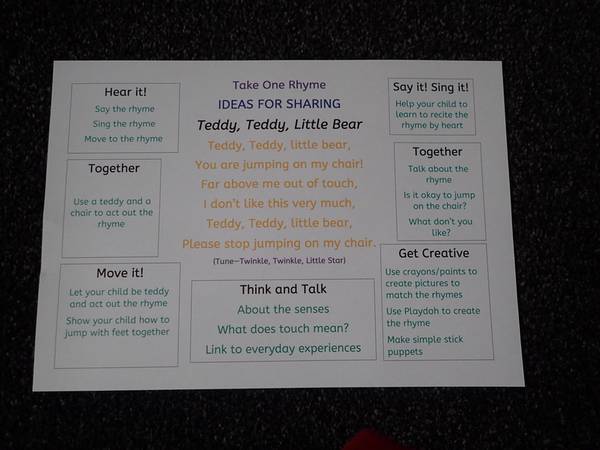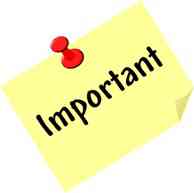How to use nursery #rhymes for #earlylearning - quick guide for parents and early years practitioners

(The rhyme used for illustration is from Wizzy’s Words book of modern nursery rhymes - the ideas/tips can be applied to all children's picture books)
How to use nursery rhymes for early learning
Introduction
At first sight it would seem that the value of nursery rhymes in early language development is clear. Research has shown that the reciting of nursery rhymes enhances learning in all domains of development. However, despite this knowledge and despite rhyme being included in planning in the early years, this has not led to improvements in all children’s literacy skills. It is known that children entering school without an age-appropriate oral vocabulary often fail to make the academic progress they are capable of. Finding ways to support parents to develop their children’s early language is therefore important. Here a quick overview of the benefits of sharing nursery rhymes with children, from birth, regularly and before school is given. The illustrated ‘Take One Rhyme’ approach is given as one way to guide parents and early years practitioners in the use and benefits of sharing nursery rhymes with pre-school children.
Why Does it Matter How We use Nursery Rhymes?
Nursery rhymes are fun singing them is fun. However, many of the old rhymes contain language from many years ago. A new book of modern rhymes Wizzy’s Words is now available and uses the oral vocabulary that derives from language development studies (for example see Rescorla, 1989). This oral vocabulary has been universally validated as underpinning successful learning. This includes the development of phonological awareness, recognising the spoken parts of language, that aids the learning of phonics, reading and reading comprehension. Thus, the value of entering school with an age-appropriate level of oral vocabulary is very important.
Many children hear rhymes but are not going on to develop their oral language. It will therefore be helpful to provide parents and child carers with a simple method to get the best out of the rhymes their children are learning. In the words of Fox, 2012, ‘If children know eight nursery rhymes by heart by the time, they are four years old, they are usually among the best readers by the time they are eight.’ Furthermore, nursery rhymes have been shown to promote communication, physical, cognitive and social and emotional development (for example see Yang, 2016).
It is the sharing of nursery rhymes, in a dialogic fashion that will provide the best benefits. The blog on dialogic reading explains this further. Put simply it is the ‘to and fro’ nature of sharing language that will lead to the best outcomes. Adopting a HEAR IT! SAY IT! SING IT! MOVE IT! Mantra will guide progress towards reading and learning. As you can see adding CREATE IT! Will add to the fun.
How to?
Look at the ‘Take One Rhyme’ aspects and use them as a guide to sharing nursery rhymes with your child/children. This should not be prescriptive the focus should be on having fun. Rhymes should be shared regularly. It is great if a child/children has/have a preferred rhyme and learning to recite by heart with actions will be great. However, to ensure that different oral vocabulary is presented it is also important to introduce new rhymes. Be led by your child/children. If they need more time making sounds rather than words, work with them in the dialogic fashion. You will soon see when they are ready to start reading words but initially at least the focus should be on spoken sounds and words.
What do the findings on nursery rhymes mean to me and my child?
The findings with respect to the value of nursery rhymes gives you the opportunity to give your child the best start to their education from day 1. Let’s get started!
What to do now?
Dig in and use the ideas for sharing rhyme and...
Together
Let’s put children’s language learning
Centre stage

To find out more about why/and:
I researched and developed Wizzy’s Words rhymes for you and your children
To see and ask questions about Wizzy’s Words (use interview and contact buttons)
To read full reviews for Wizzy’s Words
To read previous blogs with respect to children’s language development
To find free downloadable sample rhymes, audiogram, videos… of Wizzy’s Words
Head to: www.wizzyswords.co.uk
Troubador
http://www.troubador.co.uk/bookshop/young-children/wizzys-words
Amazon
https://www.amazon.co.uk/Wizzys-Words-Jacqueline-Alexander/dp/1800464274